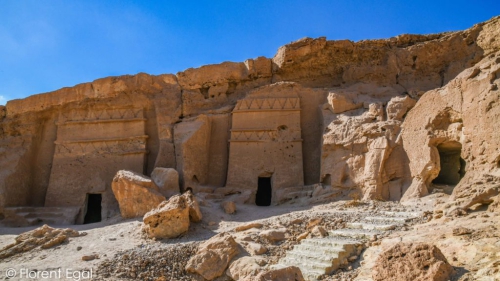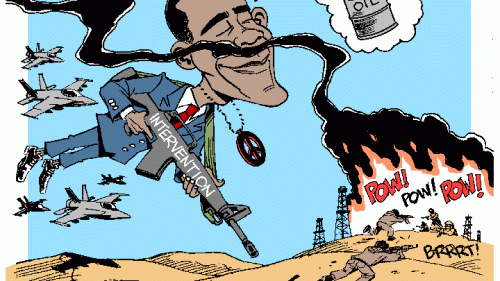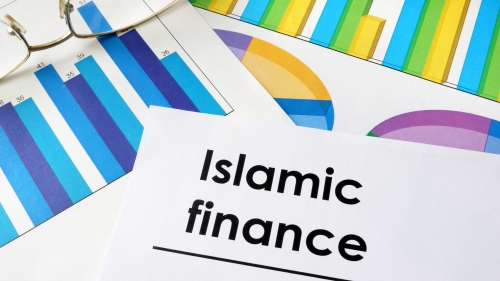Gulfization needs vision and strategy

These days in Saudi Arabia and the Gulf, it has become the fashion to talk about Saudization or Gulfization.
New socio-economic realities have pushed the subject of "national employment" to the top rung of the ladder. All have joined in the discussion. Even those writers with remote connections to economics, business or demographics are pontificating on the subject of Gulfization.
But what is Gulfization? Is it only the removal of foreign nationals and replacing them with locals? Or is it an exercise in numericals? To have a real grasp of the whole situation, one has to study the changing pattern of business and management the world over.
It is a changing world. Heraclitus, the ancient Greek philosopher, stated that all is in a constant state of flux. Nothing endures but change and 2500 years after his observations, his views still hold.
Society has changed. The Gulf states today are not the same as they were in the 1970's. Nor will they be as they are today in the year 2010. Every passing day brings changes, realities and ideas which add further dimensions and complexities to our society.
Those societies succeed which are able to anticipate, and adapt to, changes affecting them almost before the changes occur.
By being ahead of the curve, these societies are able to grow despite fierce competition from more successful ones.
Thus we saw in the Far East the rise of the Asian Tigers. While the Arabs dilly-dallied and procrastinated, the Far Eastern societies, mixing work ethics, traditional behavior and energy, climbed to the top. From rock and stones they carved industrial empires that rivaled those of the West. They gained the grudging but genuine respect of their former "colonizers." These societies were carefully balanced between broad strategic decisions and programs that could be implemented.
There was a lot of "soul searching." In those flourishing societies, people with idealistic and spiritual values wedded to a concern for relationships, psychological development and interest in the environment gained the upper hand. Thus, we saw progress not only in industry but in society as well.
The communication revolution brought in technology which was mastered and used effectively. Along with will power, there was great improvement in productivity. Suddenly, because of success, the world had to take notice.
The European Union wanted a dialogue with the leaders of Asia and they came all the way to Bangkok to meet and talk.
This was a region which had been devastated by wars and internal strife. Suddenly it had reserves of billions of dollars.
How was this achieved?
Not by singing songs and chest thumping. Not by exhibiting paranoia or pointing fingers at others. It was done by having a vision and creating a society where fairness and justice, irrespective of culture, race and religion, were practiced. This in turn gave the region stability.
What can we learn from them? Let us remember that we, as Arabs and Muslims, need not fear knowledge from others. The tradition of our Holy Prophet Muhammed (peace be upon him) clearly states: "Acquire learning even unto China." The stress was on the time and effort it would take to reach China. In those days, China was worlds away.
We cannot progress if we do not learn. And in today's world with the fast changing technology which has created a global village, the learning process has become easy. In the world of satellites and the Internet, we cannot feign ignorance. That in itself would be a crime.
I am not saying that we must become copy cats. However, we should tailor ideas and methods to suit our needs, altering parameters so as to fit our culture and ideology.
Our capacity to improvise creatively will be the deciding factor in differentiating us from those societies that have yet to become successful.
It is in the light of all this that the Gulfization program has to be viewed very seriously. Are we embarking on a mission to fill slots and publish figures? Or are we going to use the strategic and dynamic components that will help our societies to meet the challenges of a new century? If not, there will inevitably be far reaching consequences for those who lack the courage or capacity to change.

















